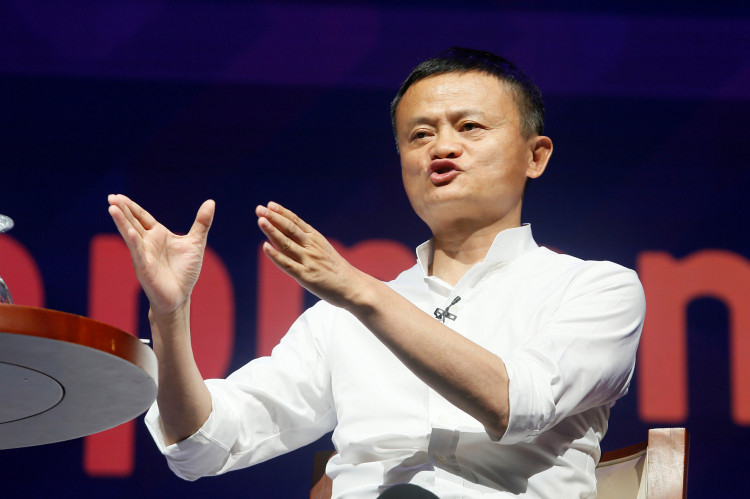Pinduoduo has become Alibaba's most dominant rival in China following the decline of JD.com.
Industry analysts said the four-year-old e-commerce giant's growth in revenue was spurred by a less limited business model.
According to Caixin Global, one of Pinduoduo's strategies that helped propel it towards competitiveness is its move of allowing for direct sales between buyers and sellers. The model has helped reduce costs for both the platform and manufacturers and continues to be popular among online shoppers.
Earlier this year, the Chinese firm started recruiting import companies to sell their products on the platform. The goal back then was to allow for imported goods to enter rural homes. The strategy played well as many shoppers in China's rural regions were attracted to the initiative.
Aside from helping change the e-commerce environment for rural citizens, Pinduoduo also announced last week that it will help in building up Shanghai brands in the online selling world.
According to Tech Node, the Shanghai-based firm said it is looking to invest RMB 1.5 billion to help bring back life to the declining local market. The amount will be offered as cash incentives in a bid to promote sales of local brands.
The company announced its move after the Shanghai government called on the business empire to help boost local brands as many manufacturers in the area saw significant drops in revenue and net profits.
Pinduoduo's recent announcements helped improve its popularity among online sellers and shoppers alike. Industry analysts noted that it is starting to become a company that's strong enough to challenge Jack Ma-founded Alibaba.
Last month, Pinduoduo Founder Colin Huang called on rivals to promote a healthier e-commerce environment for competition. He referred to the limited offers for sellers that block them from using other platforms or payment options.
Huang said the business model that both Alibaba and Tencent have been using for years may not be a driving force to help manufacturers and sellers have bigger opportunities through other platforms, China Knowledge reported.
It is unclear if Alibaba and Tencent have responded to Huang's calls but so far, both Chinese tech giants still limit the options that manufacturers and online retailers can choose from. Pinduodo, on the other hand, is hoping for changes to be applied for what it says are reforms that will benefit selling communities.
Pinduoduo has been investing largely in data analytics and artificial intelligence (AI) over the last two years. Some analysts said the investments may be unwise as these have led to billions in losses for the company. However, the firm said these sectors will rise in the near future.





